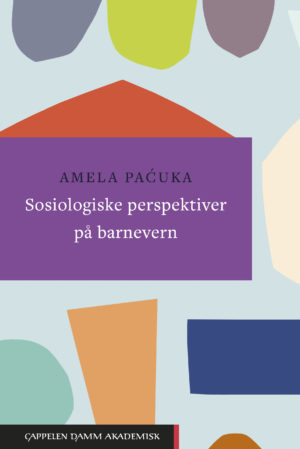Advance directives are instructions given by patients specifying what
actions ought to be taken for their health in the event that they are
no longer capable to make decisions due to illness or incapacity.
This book takes as its point of departure one of the most commonly
discussed medical-ethical argument against granting advance directives
moral authority: the Objection from Personal Identity. The
adherers of this objection basically asserts that when there is lack of
psychological continuity between the person who formulated the advance
directive and the later patient to whom it supposedly applies,
this seriously threatens the directive's moral authority. Whereas most
philosophers in the advance directives debate argue that the Objection
from Personal Identity fails, the arguments in this book suggest
that it is an argument we should take seriously. Lack of psychological
continuity between the author and the later patient, it is concluded,
does threaten the moral authority of an advance directive.







